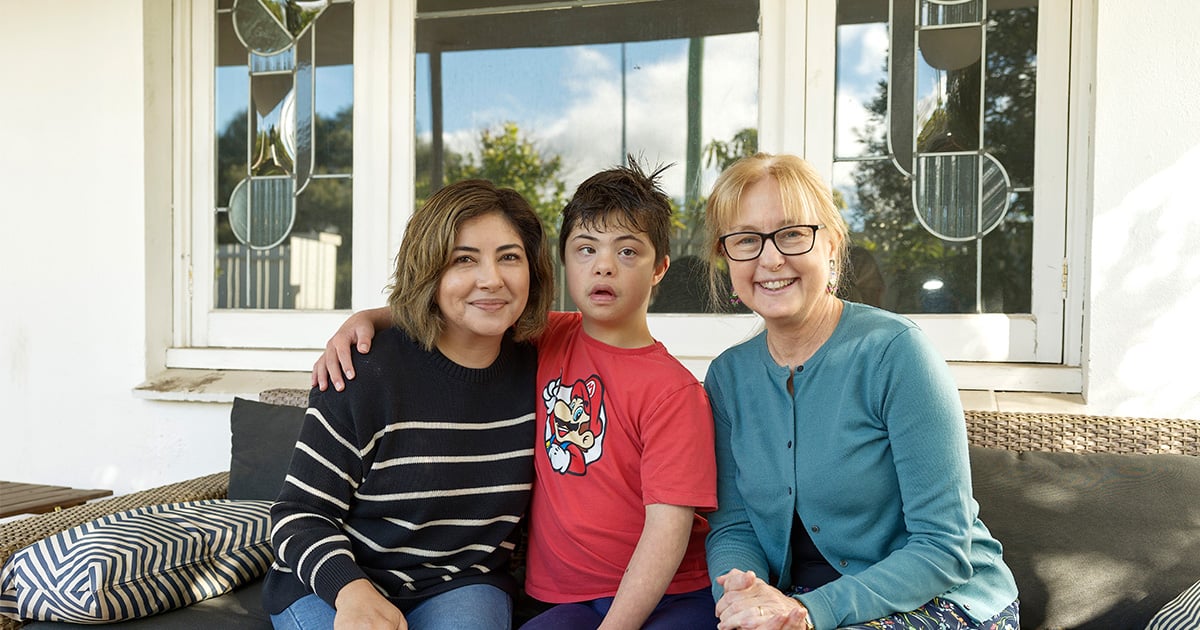Search
Showing results for "clinical trials"
Research
The inequitable burden of infectious diseases among remote-living Aboriginal and Torres Strait Islander Australians: a product of historyAlthough Streptococcus pyogenes (Strep A) is the sixth-most common infectious disease globally, its transmission within the household remains an understudied driver of infection. We undertook a systematic review to better understand the transmission of Strep A among people within the home, while highlighting opportunities for prevention.
Research
Protocol for the systematic review of the prevention, treatment and public health management of impetigo, scabies and fungal skin infections in resource-limited settingsThe evidence derived from the review will be used to inform the development of guidelines for the management of skin infections in resource-limited settings
Research
Targeting interventions to improve influenza control: a proof of principle geomapping studyChristopher Kefyalew Hannah Blyth Alene Moore MBBS (Hons) DCH FRACP FRCPA PhD BSc, MPH, PhD OAM BSc (Hons) GradDipClinEpi PhD Centre Head, Wesfarmers
Research
Impact of Coronavirus Disease 2019 Public Health Measures on Detections of Influenza and Respiratory Syncytial Virus in Children During the 2020 Australian WinterPublic health measures targeting coronavirus disease 2019 have potential to impact transmission of other respiratory viruses. We found 98.0% and 99.4% reductions in respiratory syncytial virus and influenza detections, respectively, in Western Australian children through winter 2020 despite schools reopening. Border closures have likely been important in limiting external introductions.
Research
Characterising quality of life and its determinants for children with intellectual disability and their familiesAndrew Helen Jenny Peter Videos Whitehouse Watch and listen to Andrew Leonard Downs Jacoby PhD MBChB MPH BApplSci (physio) MSc PhD BA (Hons) MSc

News & Events
World Down Syndrome Day: Building brighter futures through research, inclusion, and advocacyToday, on World Down Syndrome Day, we celebrate the lives, achievements, and invaluable contributions of people with Down syndrome.
Research
Developing a human challenge model of GAS infectionNHMRC funding has been awarded for 4 years to Murdoch Childrens Research Institute for this project, with collaboration from Professor Jonathan Carapetis at The Kids.
Research
Evidence for shared deficits in identifying emotions from faces and from voices in autism spectrum disorders and specific language impairmentWhile autism spectrum disorder (ASD) and specific language impairment (SLI) have traditionally been conceptualized as distinct disorders, recent findings...
Research
Adolescent peer aggression and its association with mental health and substance use in an Australian cohortProspective longitudinal birth cohort data was used to examine the association between peer aggression at 14yrs and mental health and substance use at 17yrs...
Research
Analysis of dyslexia candidate genes in the Raine cohort representing the general Australian populationWe have conducted an association study in a novel sample derived from the Australian population to further investigate the role of dyslexia candidate genes.
